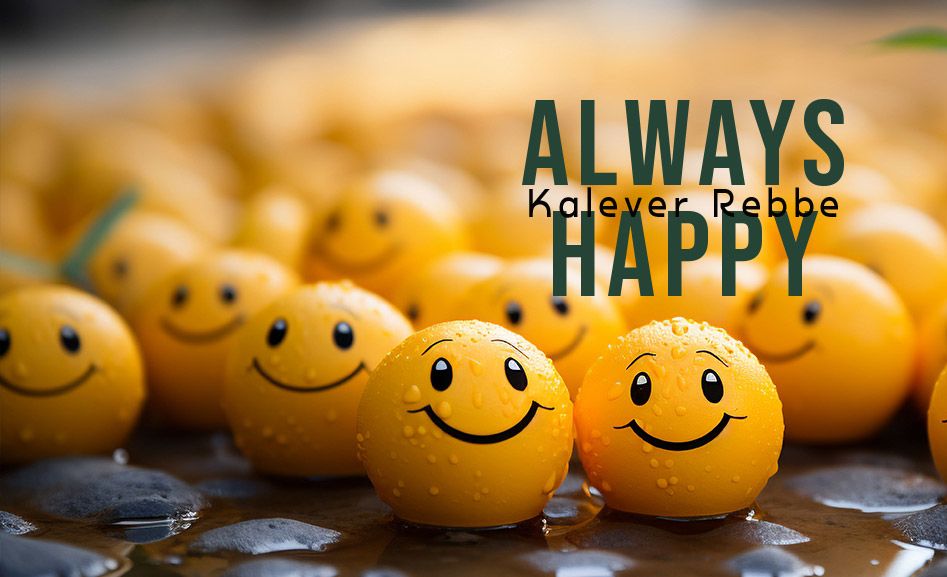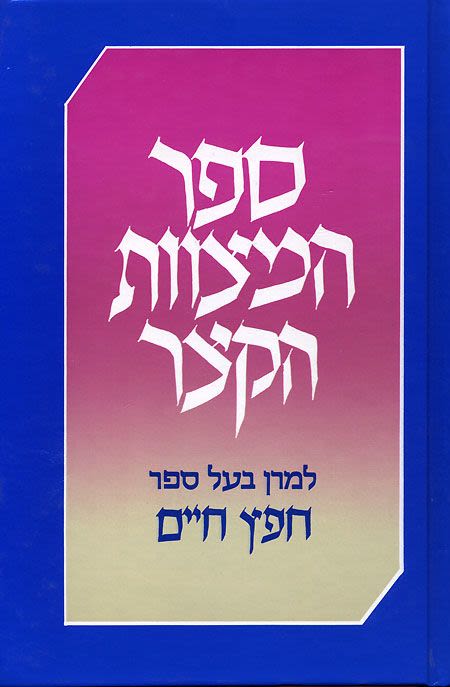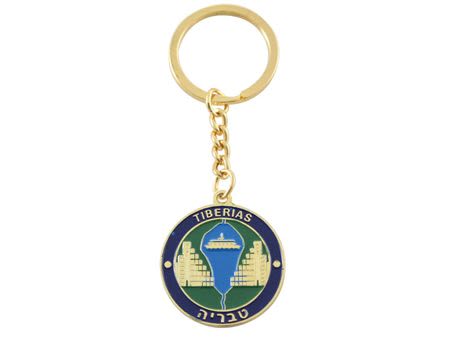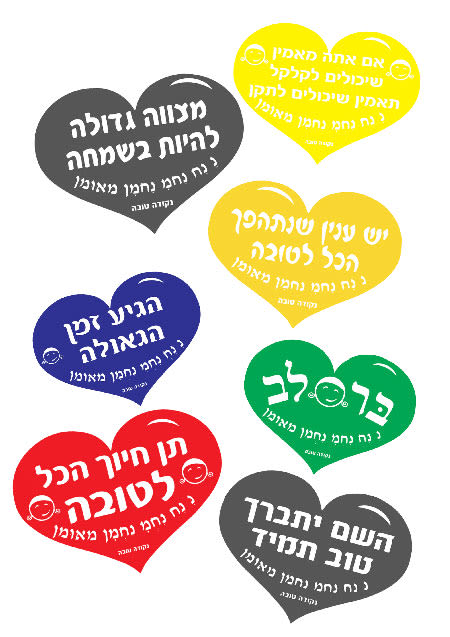
Granted or Taken for Granted
How can simply saying “thanks” for the blessings we are “granted” (instead of taking them for granted) improve children’s grade point averages, improve sleep by 30%, and more...

Scientists who study gratitude and thankfulness are proving that people who see life as a gift and who have a sustained feeling of appreciation for what they have are living longer with greater health, happiness, and success—but why?
What is it about feeling grateful that causes people to live more vital, energetic, enthusiastic and successful lives? How can simply saying “thanks” for the blessings we are “granted” (instead of taking them for granted) improve children’s grade point averages, improve sleep by 30%, and reduce blood pressure and heart attacks? What makes the emotion of gratitude so special, that those who possess it have better marriages than those who don’t? Hint: gratitude is an emotion that not only makes you feel good, but it also leads you to want to do good.
To begin to understand the great benefits that grateful people enjoy, we need to have a clear definition of what gratitude really is in contrast to its opposite—ingratitude. A clear definition is, in itself, a powerful tool. My definition of gratitude: A relationship-strengthening good feeling stemming from you having been granted something of value from G-d from which you have benefited. It is a person’s choice to remember  to see everything in life as a gift that was somehow lovingly bestowed upon him by the Master of the Universe.
to see everything in life as a gift that was somehow lovingly bestowed upon him by the Master of the Universe.
Why is gratitude a relationship-strengthening emotion? It’s because when we thank G-d for the blessings that He sends us, either directly or through others, we are strengthening our relationship to Him and the other people or institutions through which G-d sends us benefits. We are acknowledging G-d as the primary ultimate “giver” and ourselves as the humble receivers of his Goodness. When we say “thank you” to G-d we are actualizing our primary purpose which is to come closer to Him. By thanking Him we are also honoring G-d. When we honor G-d we are acknowledging his Greatness, Superiority and total authority over us. With our “thanks” and appreciation of what G-d does for us, we actually “elevate” and reveal more of G-d in the world—another common mission for which we were all created.
One of the greatest gifts of feeling grateful is that it protects us against feeling ungrateful which leads people into all kinds of negative emotions and sins. The arrogant ungrateful person doesn’t acknowledge G-d and so he doesn’t have to thank G-d for anything. He either doesn’t acknowledge G-d’s existence or even if he does, his arrogance causes him to forget G-d most of the time. This leads to complaining, resentment, anger, sadness, greed, bitterness and the many sins that these negative emotions give rise to. Gratitude has to do with memory—it’s about remembering to say “thank you” to G-d.
Next week I’ll be writing more about how we can remember to see life as a gift. I’ll be giving you a sampling of the strategies and tips that are helping so many others. Here’s one example: Keep the word GIFT in mind all day long. When you rise in the morning think of it as a GIFT; when you’re drinking your coffee in the morning think of it as a GIFT; when you are with your family, see each one of them as a GIFT. Practice seeing the weather, your health, your money, your ability to see colors, your home, your appreciation of music, the beauty of nature—each one is a tremendous undeserved GIFT. If you have the privilege to learn Torah feel it as a GIFT, feel appreciation for our great sages who dedicated their lives to write holy books that make our lives easier. Be appreciative of the ground you walk on and, as Rabbi Arush says: “Give thanks for the seat you are sitting in right now (or get up!)”. In every situation in which you recognize a GIFT, pause a few moments and ask yourself: “Why is this a GIFT?”
Someone called me the other day from his vacationing spot. He told me that when he arrived there, he and his family were hot, tired, and very hungry. As they were searching around for kosher food, they saw some small bottles of water for sale—they were 7 dollars each! When I was growing up the idea of paying for water did not even exist, much less thanking G-d for a 7 dollar bottle of water!—but even this is a GIFT for someone who is hot, tired and thirsty and for whom there is no other alternative. Think about what would be if G-d hadn’t created the workers and the machinery that put the water into bottles, and the trucks and drivers who delivered the bottles to the store where he was, and the electricity to keep them cool in the refrigerator until he arrived. What if G-d never made water to begin with or stopped making water now—then what? When you make a blessing on your next cup of water remember to feel a deeper than usual feeling of appreciation for the GIFT of water. Remember that there are people who are losing their lives this very minute because they don’t have clean water to drink in the countries in which they live!
Finally–Why did Rabbi Shalom Arush write the Garden of Gratitude and not The Garden of Love, The Garden of Kindness or The Garden of Generosity? Certainly love, kindness, and generosity, like gratitude, are great virtues. And why did he write the Garden of Emuna first, before writing about gratitude. “Tune in” next week for the answer to this and much more…












Tell us what you think!
Thank you for your comment!
It will be published after approval by the Editor.